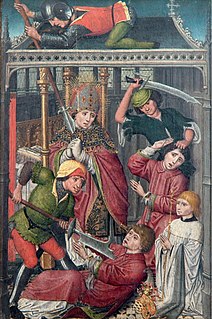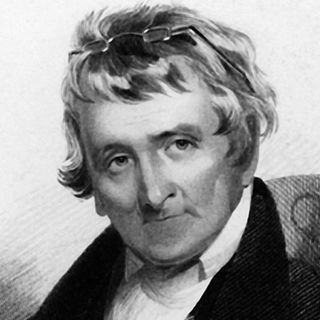A Quote by Lambert of Maastricht
We cheat ourselves in order to enjoy a calm conscience without possessing virtue.
Quote Topics
Related Quotes
I am inviting you to go deeper, to learn and to practice so that you become someone who has a great capacity for being solid, calm, and without fear, because our society needs people like you who have these qualities, and your children, our children, need people like you, in order to go on, in order to become solid, and calm, and without fear.
If love is the soul of Christian existence, it must be at the heart of every other Christian virtue. Thus, for example, justice without love is legalism; faith without love is ideology; hope without love is self-centeredness; forgiveness without love is self-abasement; fortitude without love is recklessness; generosity without love is extravagance; care without love is mere duty; fidelity without love is servitude. Every virtue is an expression of love. No virtue is really a virtue unless it is permeated, or informed, by love.
Exaggeration! was ever any virtue attributed to a man without exaggeration? was ever any vice, without infinite exaggeration? Do we not exaggerate ourselves to ourselves, or do we recognize ourselves for the actual men we are? Are we not all great men? Yet what are we actually, to speak of? We live by exaggeration.
In order to settle down in the quiet of our own being we must learn to be detached from the results of our own activity. We must be content to live without watching ourselves live, to work with expecting immediate reward, to love without an instant satisfaction, and to exist without any special recognition. It is only when we are detached from ourselves that we can be at peace with ourselves.































